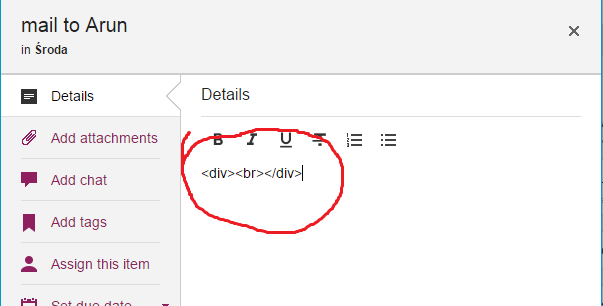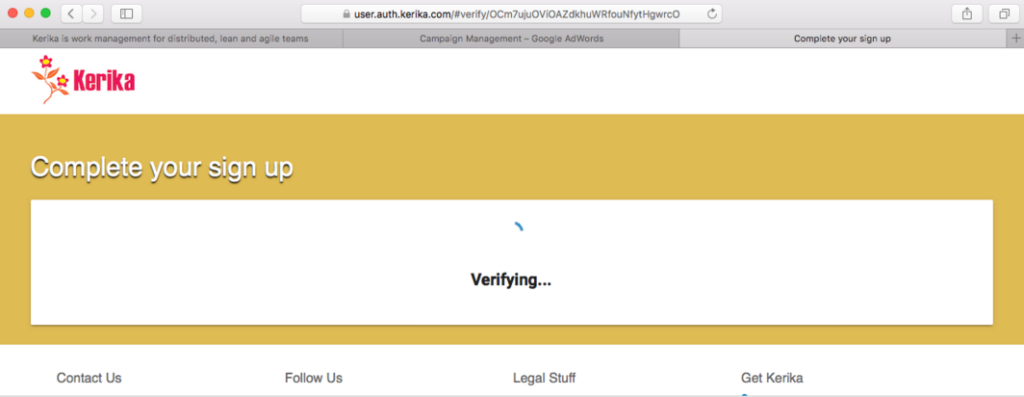This is kind of annoying and embarrassing, but a while back a bug crept back into our code that made non-English characters appear as question marks.
Embarrassing because we have fixed this bug before. More than once.
This time around the bug crept back in while we were taking care of some other feature, and unfortunately it was one of our (Chinese-speaking) users who spotted it before we did.
Our own team is multilingual (3 languages) but we work almost exclusively using English, so this was one of those rare scenarios where we didn’t use a particular feature of Kerika and so developed a blind spot.
Sorry about that. The good news is that the fix is retroactive: any non-English characters that you had previously entered will not appear correctly, without any work on your end.



